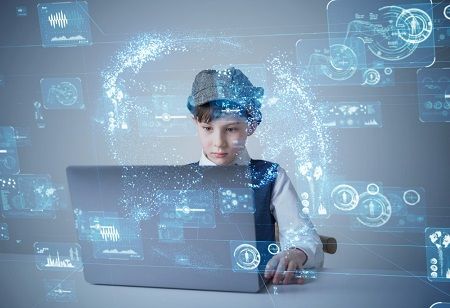China has launched a new initiative to teach primary and secondary school students about Artificial Intelligence (AI). Starting this autumn, students in Beijing will receive at least eight hours of AI lessons every year. The lessons will be introduced to children as young as six, covering how to use AI tools, understand the technology, and consider its ethical implications.
The Beijing Municipal Education Commission announced that these AI lessons could either be added to existing subjects like information technology and science, or taught as separate courses. The plan also includes creating a multi-year AI curriculum, building a structured education system, and increasing awareness about the program.
Beijing aims to strengthen China’s position in the global AI race, especially after the rise of DeepSeek, a key AI company. Last December, China’s Ministry of Education selected 184 schools to trial AI-focused lessons, which will serve as the foundation for future growth. According to Education Minister Huai Jinpeng, AI is an important part of China’s educational strategy.
The move may be inspired by Zhejiang University in Hangzhou, which has helped produce some of China’s top AI entrepreneurs, including Liang Wenfeng from DeepSeek and Wang Xingxing from Unitree. By teaching children about AI earlier, Beijing hopes to encourage innovation and technological progress.
China isn’t the only country focusing on AI education. Estonia recently partnered with OpenAI to bring AI tools to secondary schools, helping both students and teachers. Canada, South Korea, and the UK have also integrated AI into classrooms, using AI-powered learning tools. In the U.S., McGraw Hill introduced new AI learning tools in 2024, offering personalized feedback to students.
While AI has great potential to change education by making learning easier and more personalized, experts warn about over-reliance on these tools. The United Nations urges clear guidelines and a focus on human-centered learning to make sure AI is used responsibly in schools.

